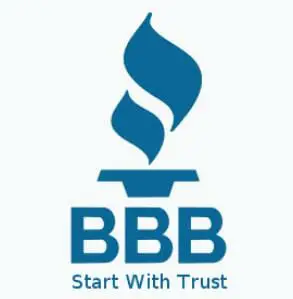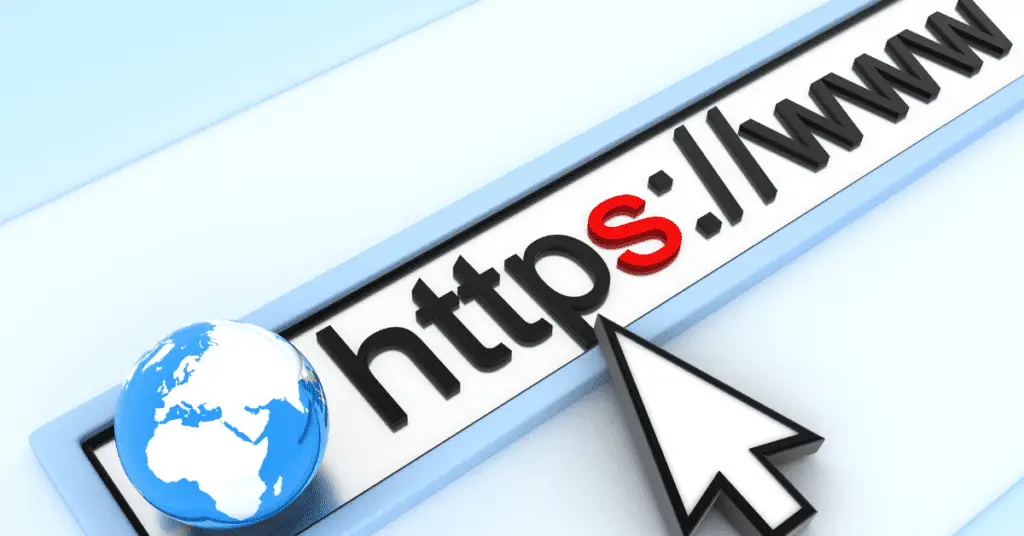How to Avoid Online Business Scams When You Start an Online Business
Starting an online business can be a great way to make money and be your own boss, but it can also be a way to get scammed if you're not careful. In this blog post, we will discuss some tips on how to avoid online business scams that you can learn when you start your own online business.
This is certainly not a cheerful topic for me to talk about, as over the years I had been scammed a few times previously. Nevertheless, it's essential to note when you start your business online. I would like to share these tips with you so that you can avoid making costly mistakes like I did.
We'll talk about how to research businesses and products before you buy, how to protect your personal information, and how to spot scams. Follow these tips, and you'll be on your way to starting a successful online business!
DISCLOSURE: Some of the links that I share in this article ARE my affiliate links. This means I may earn a commission, at no extra cost to you. In fact, sometimes you'll get a discount or free credits just FOR using my link. 🙂
How to Avoid Online Business Scams Tip 1. Do your research – know who you're doing business with and what they're promising.

When you're starting an online business, it's important to do your research and make sure that you know who you're doing business with. There are a lot of scams out there, and if you're not careful, you could end up losing a lot of money. The best way to avoid being scammed is to know who you're dealing with and what they're offering. If you can't find any information about the company or product, that's a red flag.
Another way to research a company is to check with the Better Business Bureau (BBB). The BBB is a nonprofit organization that monitors businesses and rates them based on customer complaints. If there are a lot of complaints against a company, that's a red flag.
You should also know about “phishing” scams. Phishing is when someone tries to trick you into giving them your personal information, like your credit card number or social security number. They might do this by sending you emails that look like they are from a legitimate company, but are not.

Or they might create a fake website that looks like the real thing. If you're ever unsure about whether an email or website is legitimate, don't click on any links or open any attachment that comes with the email and don't enter any personal information.
We had received emails containing phishing links regularly. Also emails that shouted “invoice” or with subject lines such as “Your transaction is unsuccessful” and had attached documents. For such emails, just look at the “from” email addresses and you should be able to tell they are trying to fake some company websites. We usually just delete them accordingly without clicking or opening them.
Another way to protect yourself from being scammed is to never pay for anything up front without knowing what you're getting. If a company asks you to pay for something before they provide any services, that's a red flag. Legitimate businesses will usually let you try their product or service before you buy it, so you know what you're getting.
Finally, if something sounds too good to be true, it probably is. If someone is promising you a get-rich-quick scheme, it's probably a scam. Be careful of any business that promises easy money with little or no work.
Sometimes, even if the company can provide you with the details of what you will get, you need to check the validity and feasibility of what they are offering before parting with your hard-earned money.
My own painful experience was a few years ago when I signed up for a training program that promises to teach us how to do online arbitrage from Walmart to Amazon and also provide the tools to do that. Being eager to learn another way to make money on Amazon and impressed by the sales pitch on the “opportunity”, I signed up for the program.
However, upon further checking, I realized that what they teach might put our Amazon selling account in jeopardy as it is against the Terms of Conditions of selling on Amazon. Unfortunately, I realized this too late and when I failed in my attempt to file a chargeback with PayPal, and lost a few thousand dollars in the end. 🙁
2. Keep your personal and financial information confidential.

When you're doing business online, you'll be asked to provide a lot of personal and financial information. This information can include your name, address, phone number, credit card number, social security number, and bank account information. It's important to keep this information confidential and only give it to businesses that you trust.
You should never give your personal or financial information to someone you don't know or trust. If you're ever asked for this information, make sure you're dealing with a legitimate company. You can usually tell if a website is secure by looking for “HTTPS” at the beginning of the URL. This means that the site is using a security protocol called SSL, which encrypts information so anyone who doesn't have the key can ‘t read it.

If you're ever asked to provide personal or financial information and you're not sure if it's legitimate, don't hesitate to reach out to the company and ask them about it. A legitimate company will be happy to answer any of your questions.
3. Use a secure payment method like PayPal to protect your money.
When you're doing business online, it's important to use a to protect your money. You can use a credit card or PayPal instead of a debit card when you're making purchases online.

PayPal is one of the most popular and secure payment methods available. It offers a buyer protection scheme where you can get a full refund if an eligible order isn't significantly as described, or doesn't arrive at your doorstep. You can set up a PayPal account for free, and you can use it to send and receive payments.
Credit cards provide more protection than debit cards if you're ever scammed. This is because you can dispute charges on your credit card and get your money back, but it's much harder to do that with a debit card.
Nevertheless, these are just precautions you can take but they are not 100% guaranteed as you need to provide evidence for disputes. It can be troublesome, time-consuming and mentally draining when you need to file a dispute or chargeback so the best thing to do is still what was mentioned in point number one, do your due diligence before you part with your hard-earned money.
4. Get references from other businesses that have worked with the company in question.
If you're thinking about doing business with a new company, it's always a good idea to get references from other businesses that have worked with them. This way, you can get an idea of what their customer service is like and whether they're reliable.

You can also check online reviews to see what other people have said about the company. But keep in mind that anyone can leave a review, so take them with a grain of salt.
The best way to get reliable information about a company is to talk to someone who has actually worked with them. Ask them about their experience and whether they would recommend doing business with the company.
If you're ever unsure about a company, it's always best to err on the side of caution and not do business with them. There are plenty of other businesses out there that you can work with.
5. Stay up-to-date on the latest online scams so you can protect yourself.
The best tip on How to Avoid Online Business Scams is to protect yourself from online scams by staying up-to-date on the latest scams. There are many websites that will list the latest scams, so you can know what to look out for.

You can also sign up for newsletters from companies like PayPal and Google, so you can stay up-to-date on the latest security threats.
By staying up-to-date on the latest online scams, you can protect yourself and your business from being scammed.

If you ever come across any suspicious activity, make sure to report business scams to the authorities immediately. By doing this, you can help stop the scam and prevent other people from being scammed.
Reporting suspicious activity is also a good way to help protect yourself. If you report something that turns out to be a scam, the authorities may be able to help you get your money back.
Conclusion
If you follow these tips on how to avoid online business scams, you'll be on your way to avoiding being scammed when you start your own online business. Do your research, protect your personal information, and be aware of the signs of a scam. With a bit of caution, you can avoid being scammed and have a successful online business!
Have you ever been scammed? What tips do you have for avoiding scams? Share your thoughts in the comments!








